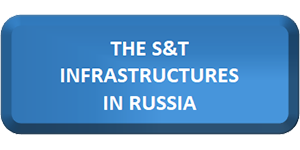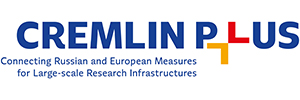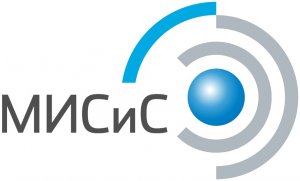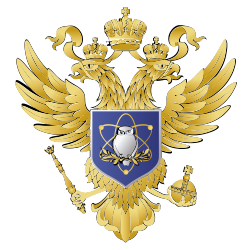CREMLIN plus
![]() What is the 'LIST 11' facilities?
What is the 'LIST 11' facilities?
The 'LIST-11' are 11 priority state-of-the-art Russian Research Organisations identified by the Ministry of Science and Higher Education of the Russian Federation (MSHE) to participate in the access and training programmes within CREMLINplus project.
The 'LIST-11' Research organisations include 19 research infrastructures, located in various regions of the Russian Federation, and offer a wide range of different scientific applications, research instruments, experimental techniques and data sets.
'LIST-11' covers all 6 domains classified by the European Strategy Forum on Research Infrastructures (ESFRI): Energy (ENE); Environment (ENV); Health & Food (H&F); Physical Sciences & Engineering (PSE); Social & Cultural Innovation (SCI); Data, Computing & Digital RI (DIGIT).
The fact that all 6 areas are covered by LIST-11 is significant. CREMLINplus hereby has the
opportunity to achieve a real progress and increase in the mutual utilisation of RI in Russia and Europe.
The term “research infrastructure” in this list corresponds to the definition provided in the
“European Charter for Access to RI”.
The manager of research infrastructures is an employee whose responsibilities focus on the administration of a variety of activities related to design, establishing and operation of research infrastructures at different levels (e.g. group-, section-, department heads and executives). Although Russian research infrastructures do not include the word "manager" as a job title, they often create specific positions to perform these administration tasks.
The Technician (or operator) of the research infrastructure is a professional who keeps up the normal operation of various sectors of the infrastructure, delivers technological support to external and internal users. Technicians make use different tools and techniques to solve technical non-routine problems and managing client issues. The technicians play an essential role in active and smooth functioning and maintenance of the research infrastructure.
The main elements of the landscape of the Russian research infrastructures are:
- Core Shared Research Facilities (626 CSRF),
- large-scale research facilities (365 LSRFS),
- Mega science facilities (7).
The detailed information on all facilities is presented on "The SCIENCE AND TECHNOLOGY INFRASTRUCTURE OF THE RUSSIAN FEDERATION" portal, which contains up-to-date and systematized information about core shared research facilities, large-scale research facilities, megascience facilities, located in Russia, including those funded by the Ministry of Science and Higher Education of the Russian Federation in 2007–2018 under the Federal Targeted Program for Research and Development in Priority Areas of Development of the Russian Scientific and Technological Complex.Basic organizations for the core shared research facilities and large-scale research facilities are the Russian National research and Federal Universities, National Scientific Centers, National Academies of Science and other organizations.
The portal was designed in 2011 and is currently being supported by the Russian Research Institute of Economics, Politics and Law in S&T (RIEPL).
The website: https://en.ckp-rf.ru/
![]() What is CSRF?
What is CSRF?
A core shared research facility (CSRF) is a structural unit (set of structural units) established by a scientific and (or) educational organization, that has scientific and (or) technological equipment, qualified personnel, and carries out works and provides services for the benefit of third parties for conducting fundamental and applied research (Federal law No. 270-FZ of 13.07.2015).
A large-scale research facility (LSRF) is a complex of research equipment which has no analogues in the Russian Federation, operating as a single unit and created by a scientific and (or) educational organization to obtain scientific results achieving of which is impossible with any other equipment (Federal law No. 270-FZ of 13.07.2015).
A megascience facility is a physical (a complex of scientific equipment) or digital (an information system) facility, including geographically distributed, that has no analogues in the world, operates as a single unit and is focused on obtaining scientific results, achievement of which is impossible with the use of any other facilities of the world. Funding the establishment and operation of such a facility goes beyond the capacity of individual states and is based on international S&T cooperation. Megascience facilities allow achieving major breakthroughs in fundamental and applied research.
A base organization is an organization within the structure of which a CSRF is created or a LSRF operates.
Third parties (external users) are understood to be individual entrepreneurs, individuals, as well as the legal entities, which are not CSRF/LSRF base organizations or branches (divisions) of base organizations, that use CSRF/LSRF services.
THE 19 RUSSIAN RESEARCH INFRASTRUCTURES' INFORMATION SHEETS
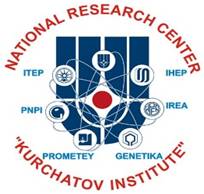
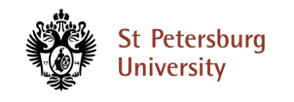
Saint Petersburg State University (SPSU)
Institute of cytology and genetics of Siberian Branch of the Russian
Academy of Science
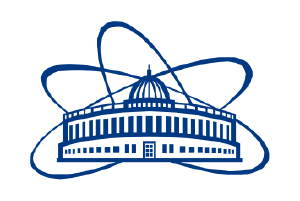
Cyclotron complex (SHE Factory (Factory of SuperHeavy Elements is a part of the Complex)
Joint Institute for Nuclear Research (JINR)
Joint Institute for Nuclear Research (JINR)
Joint Institute for Nuclear Research (JINR)




Budker Institute of Nuclear Physics of the Siberian Branch of the RAS
Budker Institute of Nuclear Physics of the Siberian Branch of the RAS
Budker Institute of Nuclear Physics of the Siberian Branch of the RAS
Budker Institute of Nuclear Physics of the Siberian Branch of the RAS

Special Astrophysical Observatory of the RAS
Special Astrophysical Observatory of the RAS
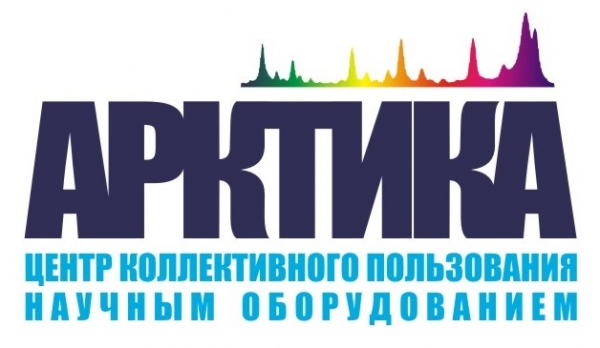
Northern (Arctic) Federal University named after M.V. Lomonosov
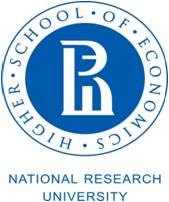
National Research University Higher School of Economics
National Research University Higher School of Economics

National Medical Research Center for Obstetrics, Gynecology and
Perinatology, Ministry of Healthcare
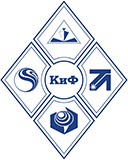
“Structural diagnostic of materials” Shared Research Center
The Federal Research Centre 'Crystallography and Photonics', RAS (FSRC “C&F”)


